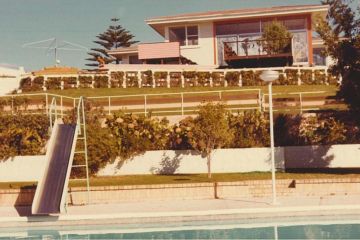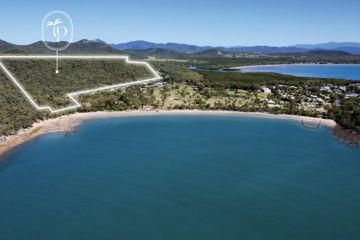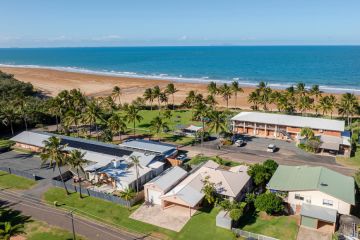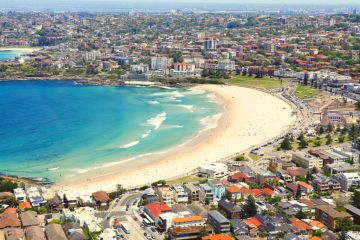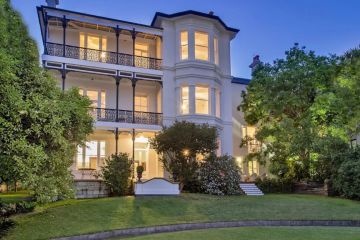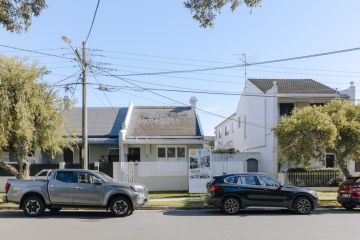Bank of Mum and Dad 'prolific': Now helping adult children on their second homes
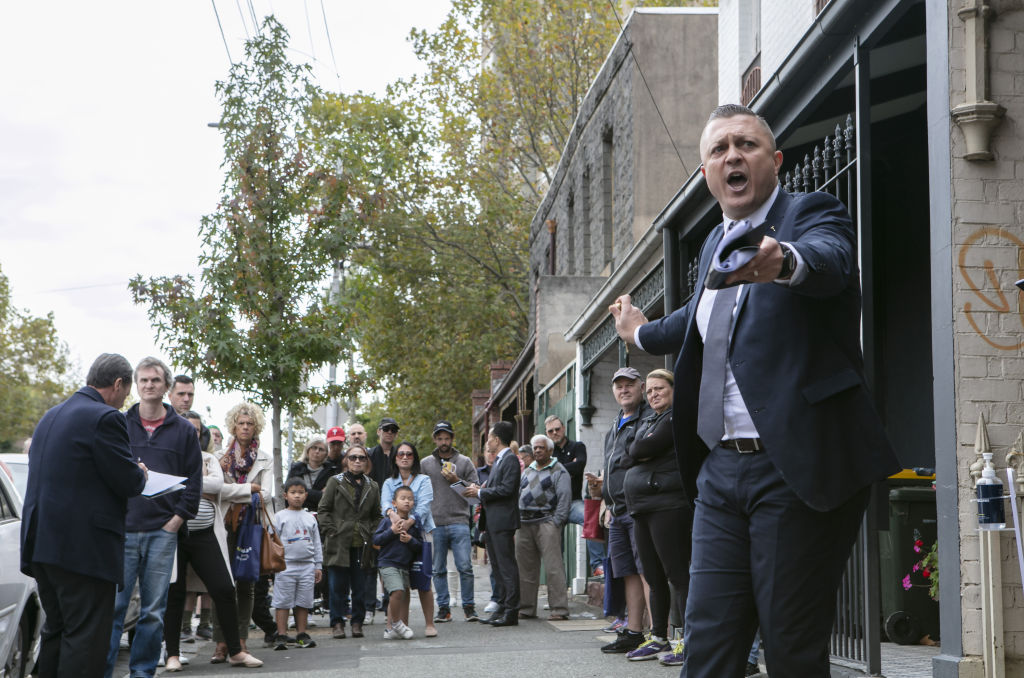
Runaway house price growth has seen an increasingly prolific reliance on the “Bank of Mum and Dad” this year but now there are reports from mortgage brokers that adult children are returning a second time for help when they need to upgrade properties.
This new trend has raised concerns about a deepening of housing inequality in Australia, with the chance of home-ownership based on a person’s inherited wealth rather than individual effort.
The latest data shows Australian home values skyrocketed 18.4 per cent in the 12 months to August, the fastest rate of growth since 1989 and almost 11 times higher than wage increases, which only rose 1.7 per cent over the same time.
Snowballing property values have priced many first-home buyers out of the market. Many of those lucky enough to be able to have turned to the Bank of Mum and Dad to get on the property ladder, with their parents either acting as guarantors on a loan or giving them large sums of cash.
It is a phenomenon that has been growing over the years as the property cycle has ballooned – the Bank of Mum and Dad is now bankrolling about $35 billion worth of loans and is now the ninth biggest lender in the country.
In Sydney, where house prices rose to a new median of $1,410,133 after climbing almost $1200 a day in the second quarter of 2021, mortgage brokers say it has become part and parcel of first-home buyers getting into the real estate market.
But there are signs emerging that it has evolved further, with parents now helping their adult children upgrade from a unit to a house as they turn their first properties into investments, said James Algar, Mortgage Choice Dee Why principal.
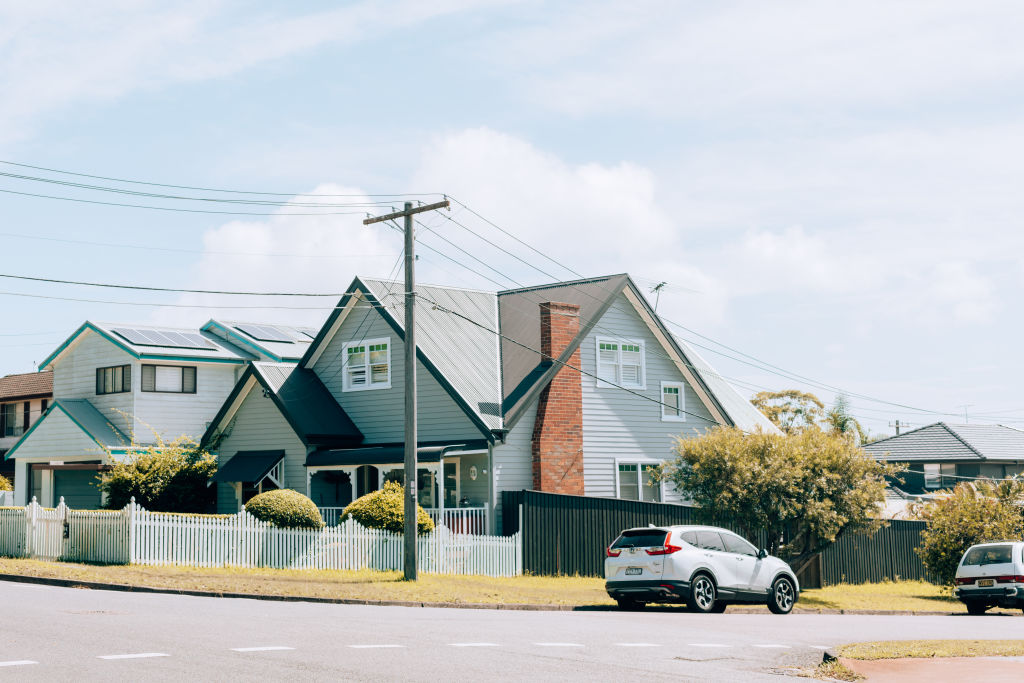
“I’ve had a number of situations where mum and dad have chipped in to buy a free-standing home without the kids selling their first home,” Mr Algar said, adding that the help came either in the form of providing security on the loan or kicking in cash.
 Australia’s property boom continues to slow down due to affordability rather than lockdown: CoreLogic
Australia’s property boom continues to slow down due to affordability rather than lockdown: CoreLogic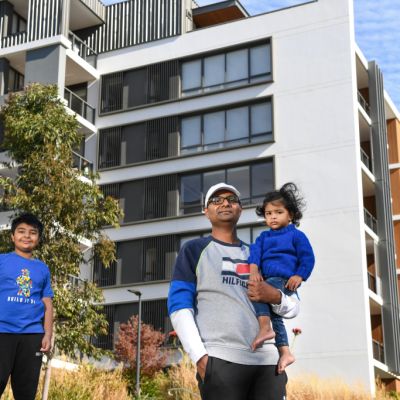 Sydney house prices reach record median $1,410,133 – rising almost $1200 a day in just three months
Sydney house prices reach record median $1,410,133 – rising almost $1200 a day in just three months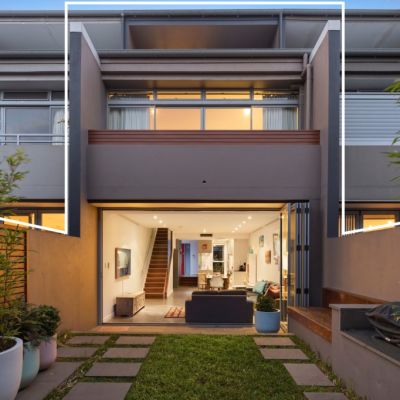 Sydney online auctions: First-home buyers pick up Alexandria house for $2.683m
Sydney online auctions: First-home buyers pick up Alexandria house for $2.683m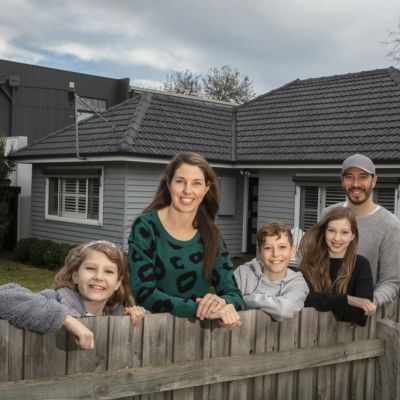 Melbourne’s median house price jumps 16.2 per cent in a year to record $1,022,927: Domain House Price Report
Melbourne’s median house price jumps 16.2 per cent in a year to record $1,022,927: Domain House Price Report
“The driving force behind the Bank of Mum and Dad still helping is the fear their family is going to end up more widespread [across the city].
“[They are saying,] ‘I would rather help my kids buy now rather than face the fact of living further away from here.’ If someone lives in Newport and Mona Vale and the kids can only afford to spend $700,000 or $800,000 they have to buy something 45 mins away if they want a free-standing house.”
Skyrocketing price growth has meant many first-home buyers have been unable to access threshold-capped government support, which has forced them to turn to their parents, said Rob Lees, principal of Mortgage Choice Blaxland, Penrith, Glenmore Park.
He said in one instance, parents gave their children about a 20 per cent cash gift to buy a house on the North Shore worth $3.85 million.
In another instance, a North Shore parent stumped up a cash gift of $200,000 to help their child buy their first property worth more than $1.5 million in the Southern Highlands.
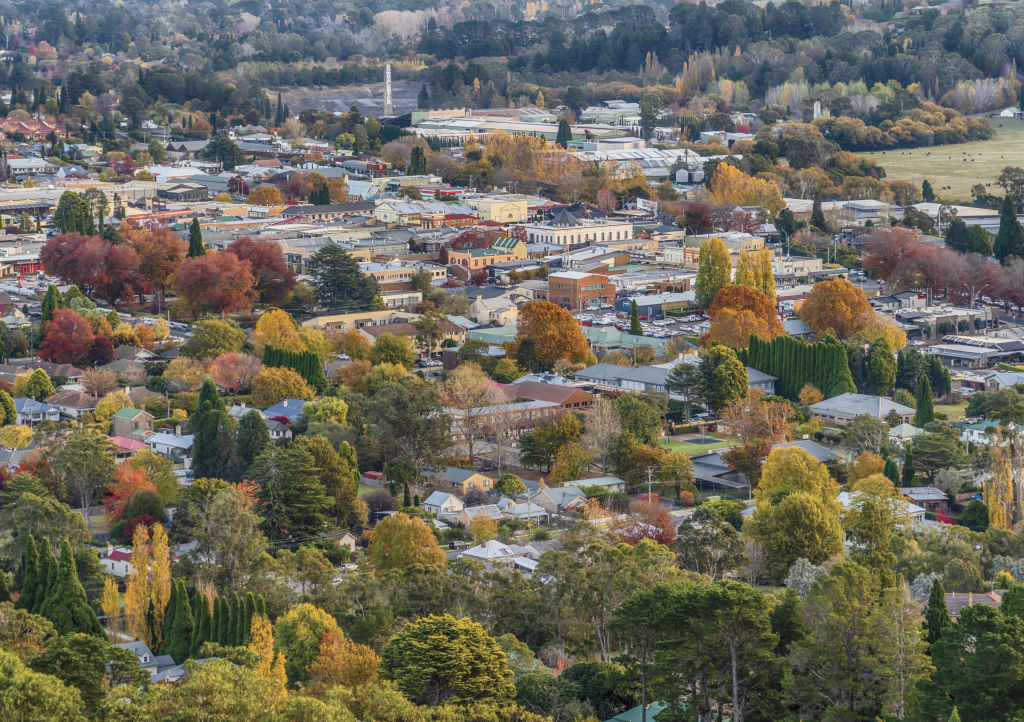
“The higher prices go the more they need to get into the market,” Mr Lee said.
Last weekend, three properties sold for well above the Sydney median house price, all to first-home buyers, with one agent suspecting the Bank of Mum and Dad was behind them.
Many first-home buyers and even upgraders were turning to their parents for financial help because of the deposit hurdle, said Sam Hyman, Domain Home Loans inside sales director.
“The alternative is trying to make significant lifestyle sacrifices for a very long period of time to come up with the deposit required … such as moving back in with mum and dad for a number of years,” Mr Hyman said.
He said there were more examples of upgraders using guarantor loans and gifts in the past couple of years especially when upgrading from a unit to a house because not enough equity had been built up in the first home: “It is definitely exacerbated in capital cities.”
In Melbourne, where the median house price cracked the million-dollar milestone in the July quarter, brokers say the Bank of Mum and Dad was in full force as prices climbed.
Foster Ramsay Finance director and mortgage broker Chris Foster Ramsay said that, even five years ago, the model was not as “prolific” as it was today. It’s now become about 60 per cent of his customer base.
“The average family guarantee would be between $150,000 to $200,000 and that would increase a lot more as you get closer to the city,” he said. “Certainly we’ve had a couple of cases where we have helped couples use their first home as an investment property and use their parents’ home as a guarantee to upsize.”
He said parents were willing to spend the money now rather than bequeath it as inheritance so their children could live closer to them.
The prevalence and the amount of assistance from the Bank of Mum and Dad have increased even from two years ago “to keep pace with the market”, said mortgage broker and 40 Forty Finance director Will Unkles.
He said it was a last resort for most buyers, who try to save for a deposit on their own but are quickly priced out in a rising market such as that of the past 12 months. It was no longer a problem just for first-home buyers, he added, with many upgraders also receiving help from parents.
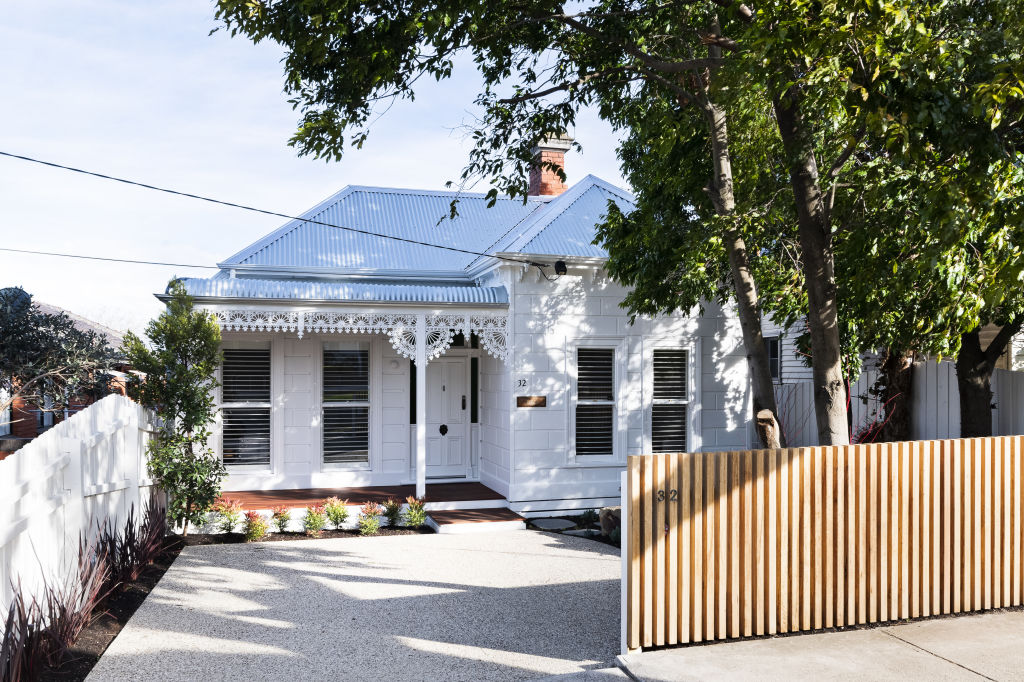
“The secondary focus is the bigger picture – the transfer of wealth from one gen to the next – the sooner you do that the money is more useful in the hands of the next generation in the key phases of their life,” Mr Unkles said.
The effects of the rise of the Bank of Mum and Dad
The Australia Institute senior economist Matt Grudnoff said the pandemic-induced recession had deepened housing inequality in Australia and was a sign of worsening affordability.
“Having to go back a second time to the Bank of Mum and Dad is a symptom that shows inequality is getting worse. The fact you have to go back for multiple houses highlights … [that] It’s gotten so bad that even after getting your foot in the door you need to get help again,” Mr Grudnoff said.
“I don’t begrudge people trying to get into the market and leaning into the Bank of Mum and Dad.
“The problem with it in an economic sense is if you don’t have the parents who don’t have the money to help you out then you can’t buy into the market.
“It concentrates wealth within families and, traditionally in an economy, we’d like to see you have a reward for effort … who you are born to shouldn’t determine whether you can afford a house.
“It’s more and more based on who your parents are and the wealth that came through your family rather than individual effort.”
We thought you might like
States
Capital Cities
Capital Cities - Rentals
Popular Areas
Allhomes
More
